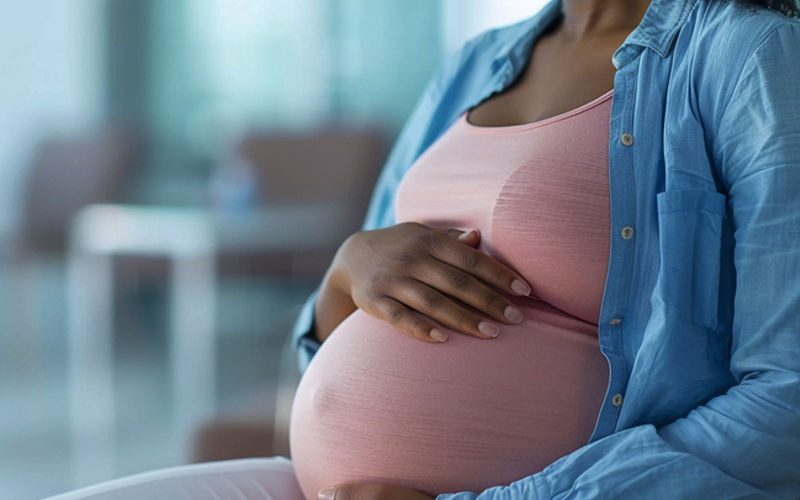Reprieve for women struggling with infertility as committee backs reproductive technology Bill

If passed by Parliament, it will bring comprehensive regulation to Kenya’s assisted reproductive technology sector, offering renewed hope to many families.
Women struggling with infertility in Kenya may soon gain reprieve after the Committee on Health approved a Bill on assisted reproductive technology.
The Assisted Reproductive Technology Bill has undergone harmonisation following proposed amendments by MPs Milie Odhiambo and Peter Kaluma. It aims to regulate technology-assisted deliveries, helping couples and individuals facing unintentional childlessness.
More To Read
- Tana River Senator seeks Senate health probe after pregnant woman dies from snakebite
- Africa’s hidden stillbirth crisis: New report exposes major policy and data gaps
- Ruto orders all hospitals to report every maternal and child death
- Born too soon: The hidden burden of preterm birth, fight for survival
- Governors decry Health Ministry’s move to deny maternity funds to dispensaries
- MPs pass historic Bill regulating fertility treatments and surrogacy
Odhiambo, who publicly acknowledges her own childlessness, said the Bill would offer new hope to women unable to conceive normally.
The Health Committee, chaired by Seme MP James Nyikal, said the legislation will protect the rights of children born through assisted reproduction, including their registration, under Article 53 of the Constitution and the Children Act.
To prevent exploitation, the Committee recommended limiting assisted reproductive technology services to Kenyan citizens only.
The Bill establishes a legal framework to regulate clinics, ensure safety and prevent exploitation. It also restricts surrogacy agreements to three times per surrogate, with a two-year gap between pregnancies.
It prohibits commercial surrogacy, imposing fines of up to Sh10 million or up to ten years in prison for offenders.
According to Public health expert Dr Ramwaka Nyadzuwa, the Bill is a milestone for reproductive rights in Kenya, expanding options for infertile couples and helping reduce stigma.
"Beyond access, it signals progress toward a holistic approach to reproductive justice supporting both those who wish to prevent pregnancy and those who long to have children. This step could normalise infertility treatment and make family-building more inclusive and equitable in Kenya," explained Nyadzuwa.
Top Stories Today
















































